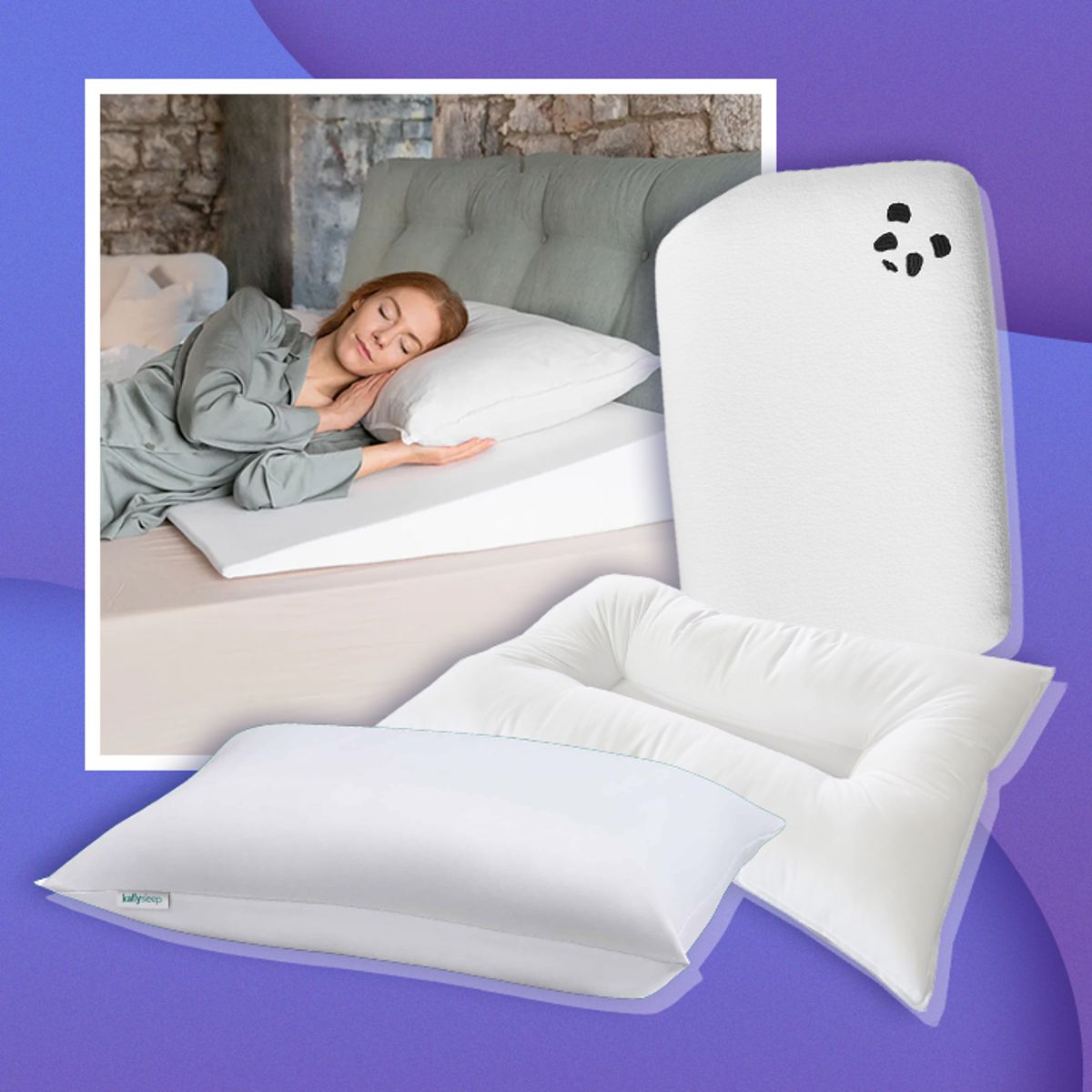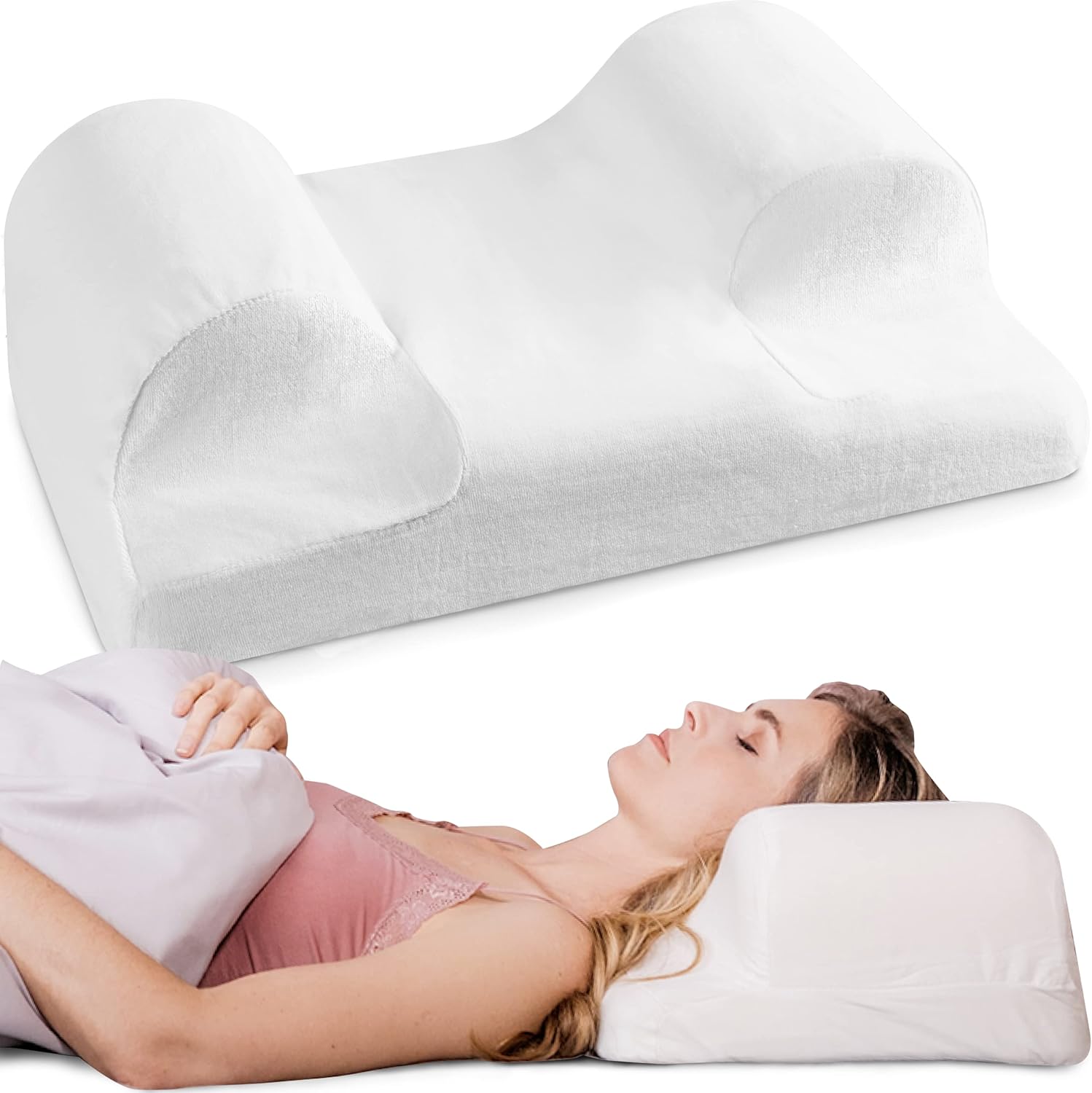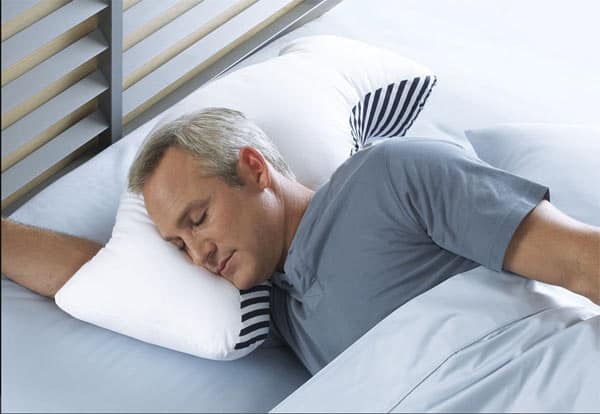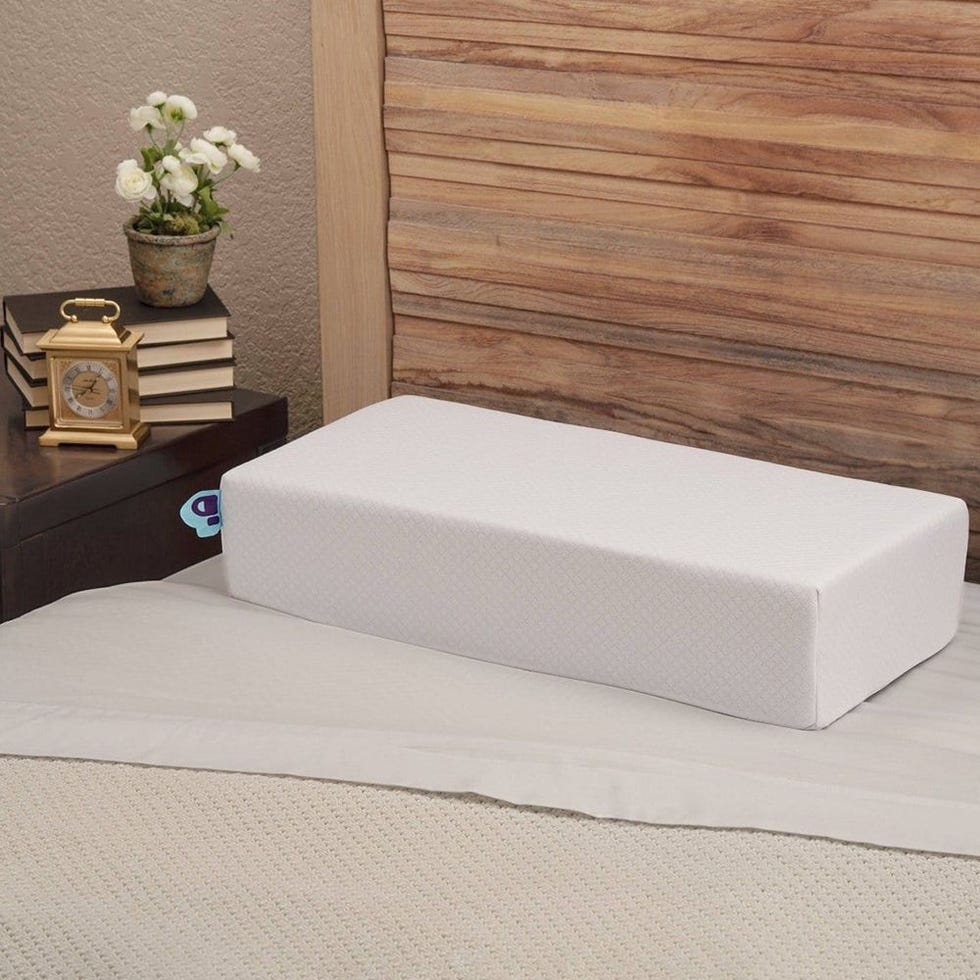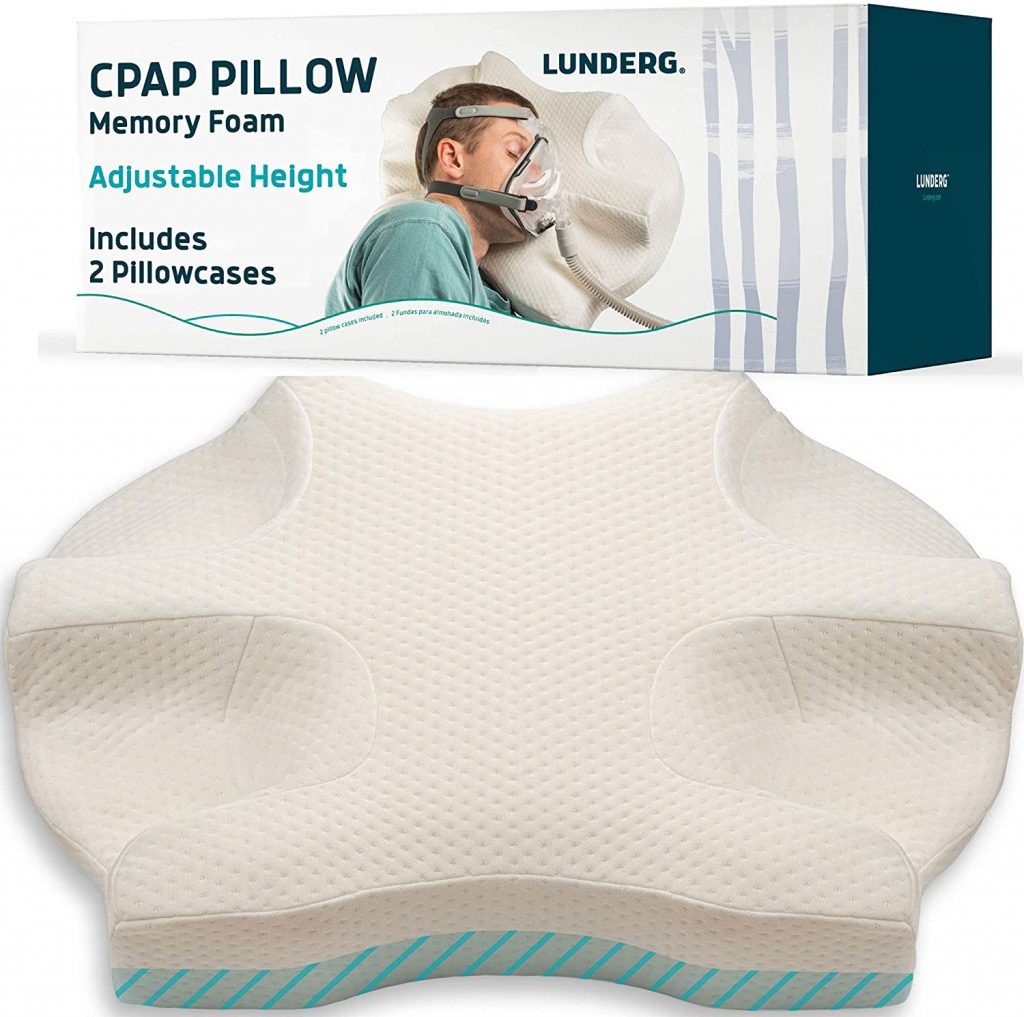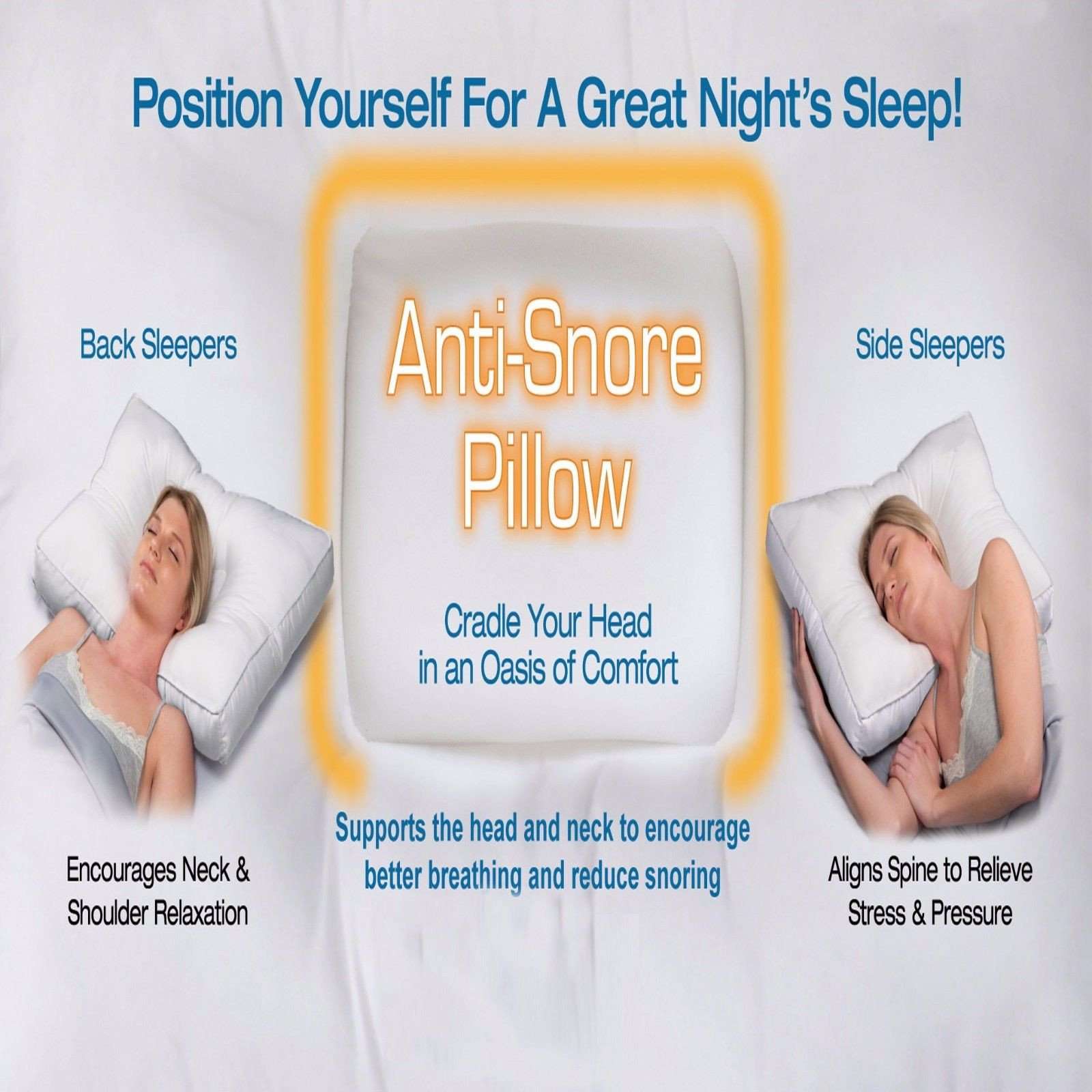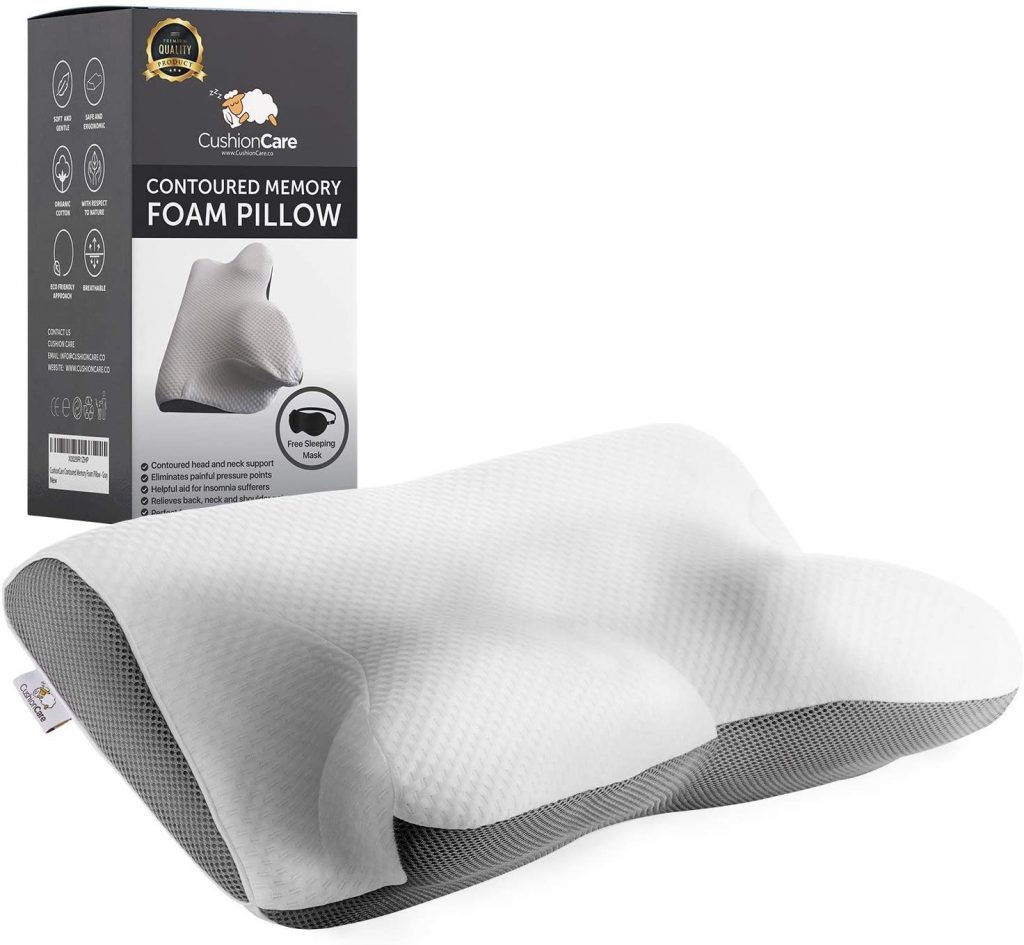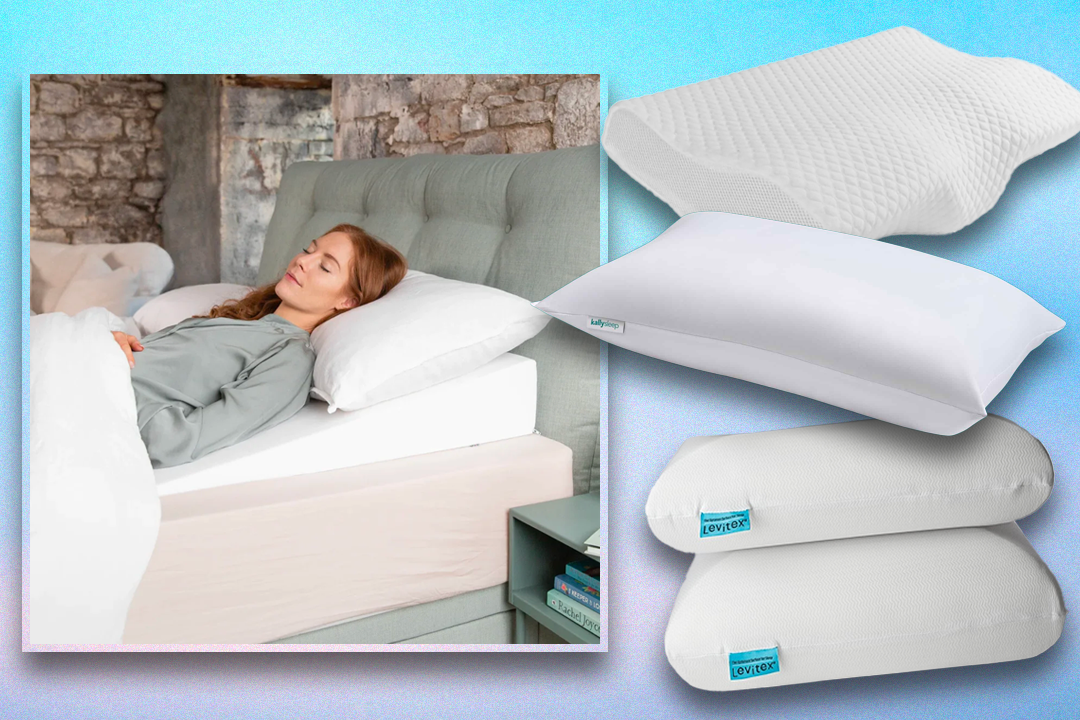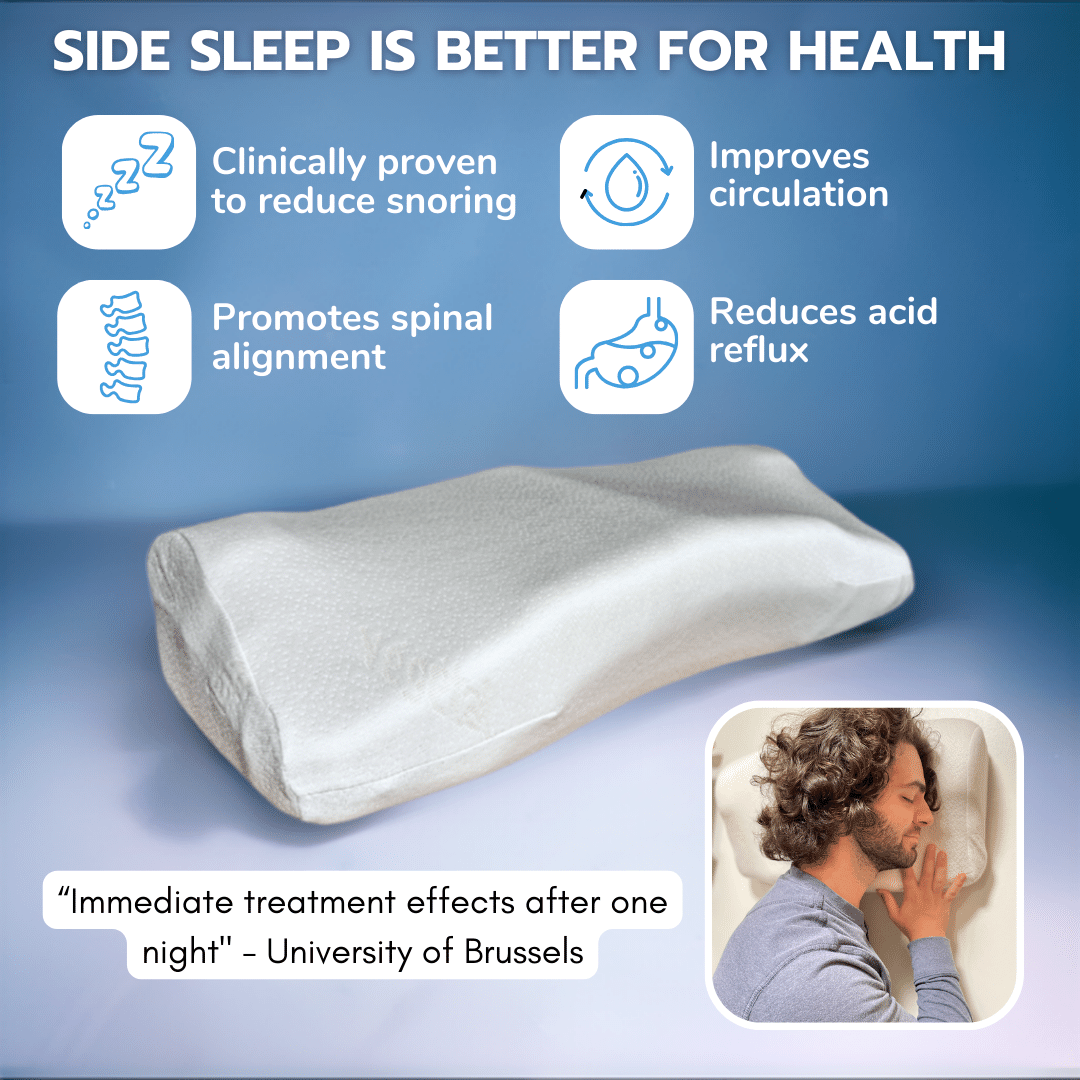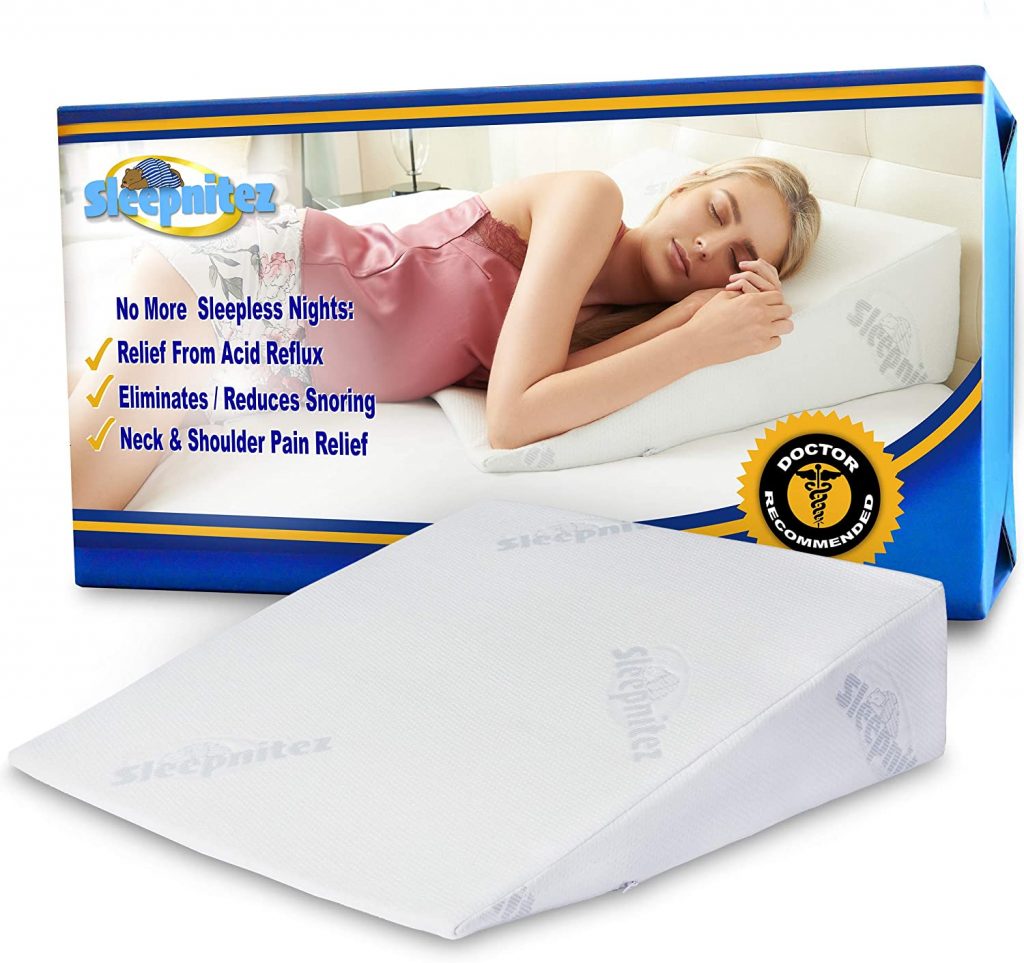Best Pillow For People Who Snore

The soft glow of the bedside lamp cast long shadows across the room, illuminating dust motes dancing in the still air. A rhythmic rumble, a familiar soundscape, filled the space – the unmistakable snore of a loved one. You nudge them gently, a temporary fix, knowing the symphony will soon resume. But what if there was a way to orchestrate a quieter night, not just for you, but for them too?
Finding the right pillow can be a game-changer for snorers. This isn't about a quick fix, but about finding a supportive solution that promotes better sleep posture and reduces airway obstruction.
The Science Behind the Snore
Snoring, that nocturnal nuisance, affects millions worldwide. It's estimated that around 40% of adults snore occasionally, while 25% are habitual snorers, according to the American Academy of Otolaryngology. Understanding why we snore is the first step toward finding effective solutions.
Snoring occurs when air struggles to pass through relaxed tissues in the throat and nasal passages. This turbulent airflow causes these tissues to vibrate, producing the characteristic snoring sound.
Several factors contribute to snoring. These include anatomy of the mouth and sinuses, alcohol consumption, allergies, and sleep position.
Why Pillows Matter in the Snoring Equation
While not a cure-all, the right pillow can significantly impact snoring. Its primary role is to properly align the head and neck, opening up the airways.
Improper alignment, often caused by a flat or overly stuffed pillow, can compress the airway, exacerbating snoring.
The goal is to find a pillow that supports the natural curvature of the neck, preventing the head from tilting too far forward or backward.
Decoding Pillow Types: A Snoring Solution Guide
The market offers a plethora of pillow options, each with its unique design and material. Navigating this landscape can be overwhelming, so let's break down some of the most promising types for snorers.
Wedge Pillows: The Inclined Approach
Wedge pillows are triangular shaped and designed to elevate the upper body. This incline can help reduce snoring by preventing the tongue and soft palate from collapsing into the back of the throat.
The elevation also helps to reduce nasal congestion and acid reflux, both of which can contribute to snoring.
However, it's essential to choose a wedge pillow with a gradual incline to avoid neck strain.
Contour Pillows: Supporting the Natural Curve
Contour pillows, also known as orthopedic pillows, are designed with a specific shape to support the neck's natural curvature.
They typically feature a higher and lower side to accommodate different sleeping positions and provide optimal spinal alignment. Memory foam is a common material used in contour pillows because of its ability to mold to the individual’s shape.
This support can help open airways and reduce snoring, particularly for back sleepers.
CPAP Pillows: Designed for Therapy Compliance
For individuals using Continuous Positive Airway Pressure (CPAP) therapy for sleep apnea (a condition often linked to snoring), a specialized CPAP pillow is essential.
These pillows are designed with cutouts to accommodate the CPAP mask and hose, preventing leaks and discomfort during sleep.
Using a CPAP pillow can improve therapy compliance and, consequently, reduce snoring associated with sleep apnea.
Side Sleeper Pillows: Encouraging Optimal Positioning
Sleeping on your side is often recommended to reduce snoring, as it prevents the tongue and soft palate from collapsing into the airway. Side sleeper pillows are designed to promote and maintain this position.
They often feature a thicker profile to fill the space between the head and shoulder, providing proper spinal alignment. Body pillows can also aid in side sleeping.
Some side sleeper pillows also include contoured areas to support the neck and head, further enhancing airway openness.
Adjustable Pillows: Customizing Your Comfort
Adjustable pillows allow you to customize the pillow's height and firmness by adding or removing fill. This allows you to find the perfect level of support for your individual needs and sleeping position.
Adjustable pillows are particularly beneficial for those who are unsure of which pillow type will work best for them. They offer a degree of experimentation to find the ideal setting that minimizes snoring.
Fill materials can range from shredded memory foam to down alternatives, providing various levels of comfort and support.
Material Matters: Choosing the Right Fill
The fill material of a pillow significantly impacts its comfort, support, and overall effectiveness in reducing snoring. Here's a brief overview of some popular options:
- Memory Foam: Known for its contouring properties and ability to relieve pressure points.
- Latex: Offers a similar feel to memory foam but is more responsive and breathable.
- Down and Feather: Provides a soft and luxurious feel, but may not offer enough support for some snorers.
- Down Alternative: A hypoallergenic alternative to down, often made from polyester fibers.
- Buckwheat Hulls: Provides firm support and molds to the shape of the head and neck, but can be noisy.
Consider your personal preferences, sleeping position, and any allergies when choosing a pillow fill material.
Beyond the Pillow: A Holistic Approach to Snoring Reduction
While a supportive pillow is a valuable tool, it's important to remember that it's just one piece of the puzzle. Addressing other factors that contribute to snoring can further enhance results.
Lifestyle modifications such as losing weight, avoiding alcohol before bed, and quitting smoking can significantly reduce snoring.
Treating underlying conditions such as nasal congestion, allergies, or sleep apnea is also crucial for long-term snoring management.
Expert Opinions and Recommendations
Sleep experts often recommend a combination of strategies to combat snoring. This typically includes addressing lifestyle factors, optimizing sleep hygiene, and choosing a supportive pillow.
Dr. [Fictional Doctor Name], a sleep specialist at [Fictional Clinic Name], emphasizes the importance of individualization. "There's no one-size-fits-all solution for snoring. It's essential to experiment with different pillow types and positions to find what works best for you."
Many online resources, such as the National Sleep Foundation, provide valuable information and tips for managing snoring.
Investing in a Quieter Night: Making the Right Choice
Choosing the best pillow for snoring is a personal journey that requires careful consideration and experimentation. Remember to factor in your sleeping position, preferences, and any underlying health conditions.
Don't hesitate to consult with a healthcare professional or sleep specialist for personalized recommendations. Read reviews and compare different pillow types before making a purchase.
A good night's sleep is an investment in your health and well-being. By finding the right pillow and addressing other contributing factors, you can finally silence the snore and awaken to a more refreshed and revitalized you.
Conclusion
The quest for a silent night might seem like a distant dream amidst the rumbling of snoring. Yet, nestled within the right pillow, lies the potential to transform that dream into reality. It's not just about quieting the noise; it's about fostering a healthier, more restful sleep for both the snorer and their loved ones. The journey to a quieter night is a journey of discovery, one that ultimately leads to a more peaceful and harmonious existence.
